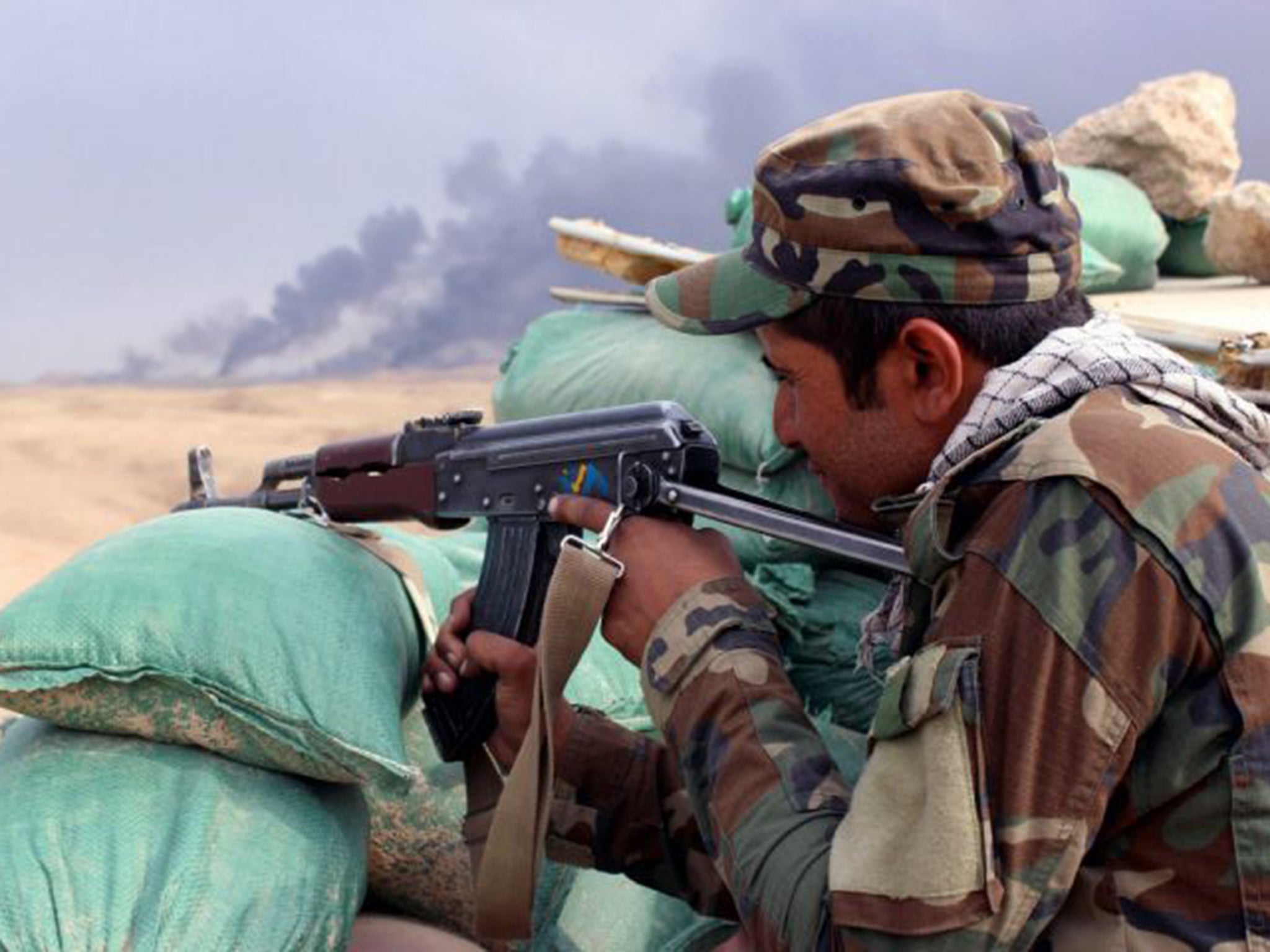Isis in Iraq: This was a heroic one-off mission that will alter little
Such ventures are attractive to leaders because they show something energetic is being done to combat a terrifying enemy


It is good news that anybody should be freed from the clutches of the “Islamic State” – and probably spared a grisly fate at its hands.
But the use of US, British or anybody else’s military special forces on successful raids such as this one should be seen for what it is. These are one-off missions, often heroic and dramatic, but they seldom affect the general situation.
They are attractive to political leaders because they show that something energetic is being done to combat a terrifying enemy, and the risk of heavy casualties on our side is kept low. The media is equally attracted by tales of derring-do, often genuine, which show good overcoming evil.
But it is worth keeping in mind that the efforts by the US to contain Isis since it captured much of western Iraq and eastern Syria in the summer of 2014 have visibly failed. There is no sign that the self-declared caliphate is weaker now than it was then: if it has lost Tikrit and failed to capture Kobani, it has seized Ramadi in Iraq and Palmyra in Syria. Neither the Syrian nor the Iraqi armies have been able to launch a successful counter-attack.
Successes, like the Hawija raid this week, should not mask overall failure
Special operations and drone attacks targeting enemy leaders and top-level commanders have been frequent in Iraq and Afghanistan. Often they produce compelling video pictures of targets destroyed and missions accomplished.
But viewers should recall that, impressive though this may look, the Taliban, Isis, al‑Qaeda, Jabhat al-Nusra and similar extreme Sunni militant organisations are now stronger than at any time in their history. Once, al-Qaeda was confined to a few camps in Afghanistan, but today its clones rule an area the size of Great Britain in Iraq and Syria and have cells spreading sectarian poison across the Islamic world.
One British commentator rightly said that when he hears politicians proposing the use of the SAS as the solution to any particular problem he reaches for his revolver. This is in the certain knowledge that the Government knows that it should do something but does not know what to do.
Isis has been consolidating its rule in Hawija, the tough Sunni Arab district west of Kirkuk where the US just carried out its raid, for over a year and there is no sign yet of it being evicted. It is good that 70 Kurdish hostages were freed, but this whole region of northern Iraq remains paralysed by endemic warfare.
The main US-led action after Isis emerged as a powerful force last year has been an air campaign that has carried out 7,000 strikes in Syria and Iraq. But it is clear they have not worked, for inter-linked military and political reasons: guerrilla movements do not present enough targets to be defeated by airpower alone.
To be truly effective, airpower requires frontline partners in contact with the enemy that can call in strikes. In the present war, the US only has such a relationship with the Syrian Kurdish forces. Successes, like the Hawija raid this week, should not mask overall failure.
Bookmark popover
Removed from bookmarks